Young people should read, insist and seek allies
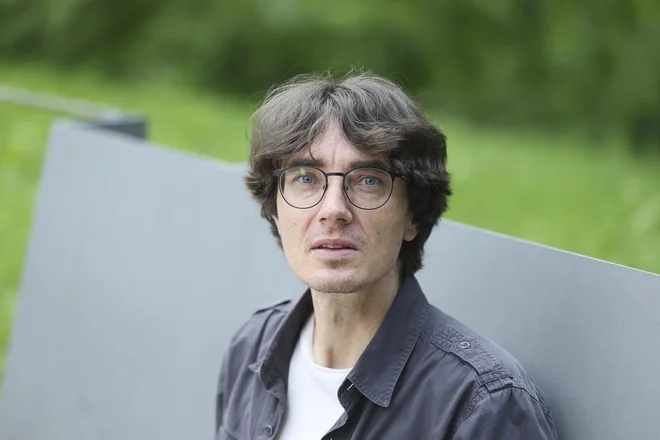
On June twenty -three, the Delo Media House will be awarded the young pen to the best young author and critic. Even the five nominees were once, long or a little less before the nomination for one of the most prominent literary awards in our country, at the beginning of the writing path. It was different for everyone, despite the mileage we have obtained, it continues to develop. If nominees They look back, which valuable lesson would you point out and put it on the young people?
Kazimir Kolar Photo: Jože Suhadolnik/Work
Kazimir Kolar
I advise them to write differently than they teach in college. If the theme is emotional, they should write cold, if it is scientific, to portray the substance through emotional dynamics.
Philosophical matters can be written quite anecdotally, and the family situation is also a geometric or even mathematical way.
Let them read a lot. Should they read Kafka, Cicero’s Talks in Tuskul and Homer.
Don’t be scared of the beginning.
Because the author is completely alone at first, he is forced to experience his opinion as a revelation, which makes everyone hate him and mock him. But the ridicule has not yet won anyone.
Don’t stick to (commercial) tips on writing. It used to happen that I started a book about improving writing, but after a month of reading, I found out that I had missed quite a few important literary competitions, so I took the book to the basement.
Emotions and reason are not decisive for writing. The most important is the internal need for storytelling.
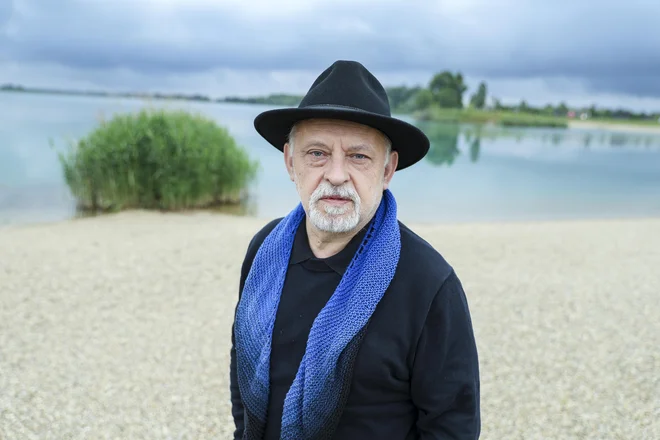
Feri Lainšček Photo: Jože Suhadolnik/Work
Feri Lainšček
At the time of my beginnings, the literary scene was very different than it is today. Young creators respected older authors and tried to learn from them. Older writers were interested in what we were creating and wanted to help us. I did not know many people in Ljubljana, and it was precisely the writing society that soon became my biggest social network. Many helped me in one way or another, and without their help it would be much harder to find. Peter Bozic and Taras Kermauner were my first mentors. I will always be grateful to Nick Grafenauer, who introduced me to the world of youth literature. But Andrei Hieng, Tone Pavčko, Cyril Zlobec, Branko Šömn, Tone Partljic and many others, I can’t list all here. When I got the first firefighter very young, Marjan Tomšič, who was also nominated, told me: « Feri, but now just watch, the rewards not only bring us good. » At that time, I didn’t understand him, but now I know for a long time that it was a wise clue. And let this be what I may tell young writers.
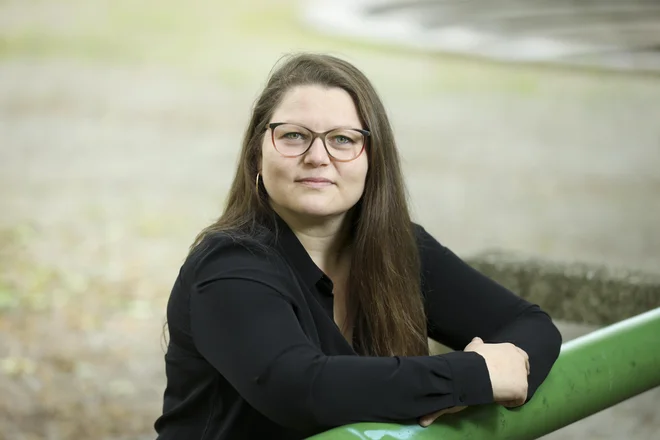
Tina Perić Photo: Jože Suhadolnik/Work
Tina Perić
Sometimes it is good to wait for the idea to mature and mention itself, even if it is an autofintment. From idea and first notes to final form Ćrtic It’s been twenty years, and in my case this decision was good for the novel. It seems very important that you read as much as possible. Different authors, from different continents and cultural environments, do not focus on home. Choose the first readers carefully, especially if you are a minority member, I also mean a woman. At the beginning of your journey, you look for allies, those who will be able to read and recognize your writing.
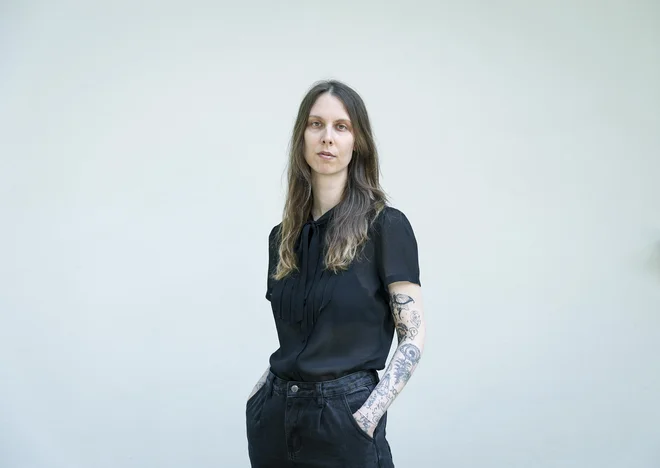
Anja Radaljac Photo: Jože Suhadolnik/Work
Anja Radaljac
Read. Obsessive. Especially all Slovenian production. Not a rash of prose because you write poetry, and vice versa. Read critically; Think about what the Slovenian space needs literally – and what you want to put in the space. What is specific? Is it different from what you read? Do not write anything in order to please anyone. For a long time, I felt a rift while trying to fit some circles, some fonts; When I first wrote by giving more of myself into the text, I was in the ten for a firefighter, when I completely opened it, in the five – I think it can be seen outward when you go deep enough into yourself that the text is your consciousness on paper. The rest just let.
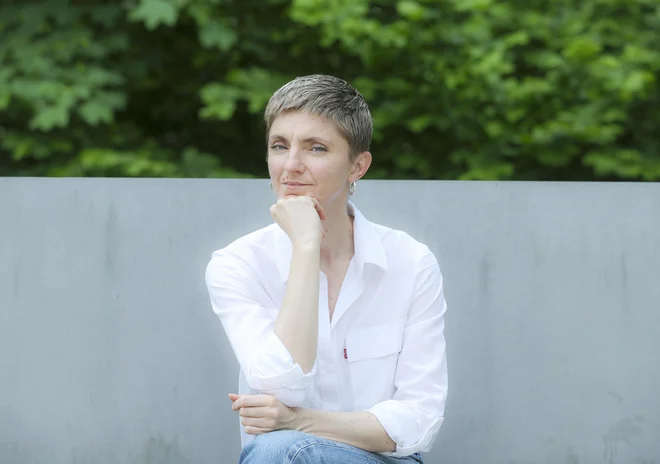
Ana Schnabl Photo: Jože Suhadolnik/Work
Ana Schnabl
In the last twenty years since I have written for others, I have learned that there is no one definition of good text, but there are only individual ideas about it. Our expectations, desires and needs are greatly different, and the task of the writer is not to satisfy all foreign flavors, all of them. It is our job to satisfy what we want to say (from), with the awareness that, after all, someone will read it, give us the most we can give us: its time. And here’s a kneeling: to learn what we want to say (from), it is not necessarily easy. My advice is therefore: insist, upright, even if your knees are struck.








:format(webp)/s3/static.nrc.nl/wp-content/uploads/2024/09/04085506/data120975205-8f5e99.jpg)